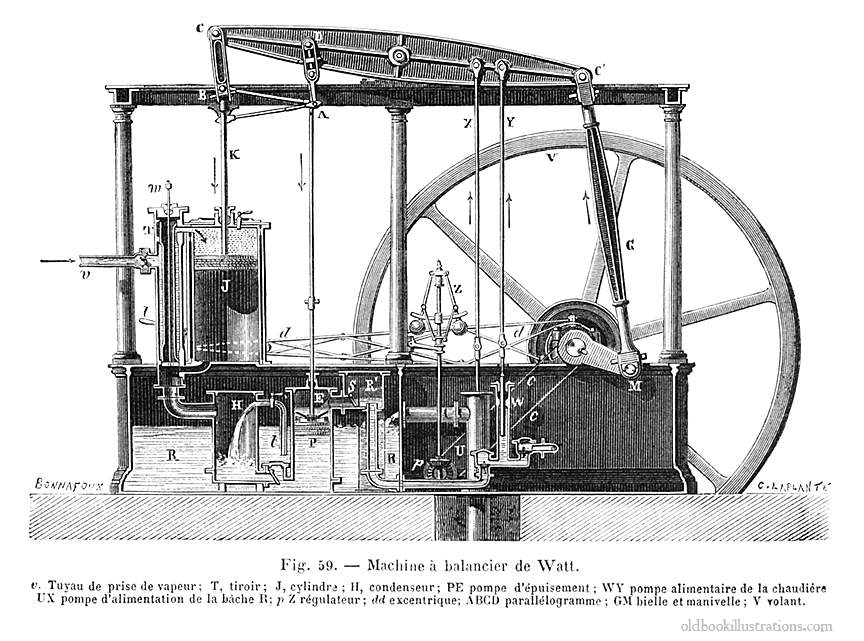In The Nation, eminent environmentalist and writer Bill McKibben reviews three recent books that aim to explain how we arrived at our historical present moment, when the energy sources we rely on are also the sources of climate disaster: Energy: A Human History by Richard Rhodes, Oil, Power, and War: A Dark History by Matthieu Auzanneau, and Carbon by Kate Ervine. McKibben writes that these deeply informative book confirm that our environmental problems cannot be solved solely by technological or economic fixes, but also require strong political movements. An excerpt:
In the Western world, we have taken abundant energy so much for granted that it might as well be air or water—only its absence, during a blackout or an oil embargo, really attracts our notice. I only viscerally grasped the meaning of energy when in rural Ghana and Côte d’Ivoire, where newly cheap solar panels were providing the first reliable flow of electrons to villages that had never known artificial light or the breeze of an electric fan. Seeing the pure, undistilled pleasure that this small miracle provided was like traveling back in time—or, given the high-tech and sustainable source of this newfound power, traveling forward.
Richard Rhodes’s Energy: A Human History, Matthieu Auzanneau’s Oil, Power, and War: A Dark History, and Kate Ervine’s Carbon all time-travel in both directions, offering us visions of a much cleaner future and tracing the origins of our ominously polluted present. Since this is the great existential crisis of our time, it’s a good sign that a robust literature is emerging, of which these volumes are solid examples. But though much of their discussion is about history, the crucial questions turn on what comes next. As the excitement over the Green New Deal proposed by Alexandria Ocasio-Cortez (among others) makes clear, that future is very much up for grabs.
Image: Drawing of an early steam engine by Scottish engineer James Watt. Via historyrundown.com.
